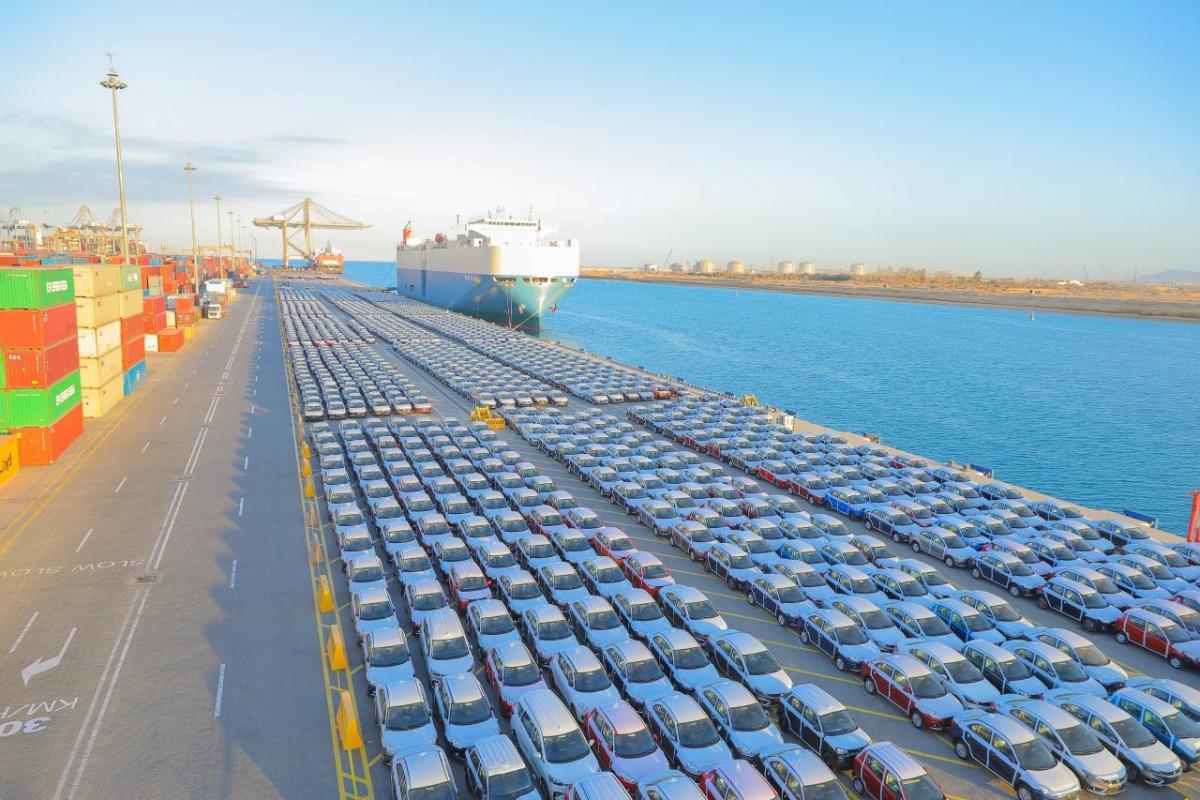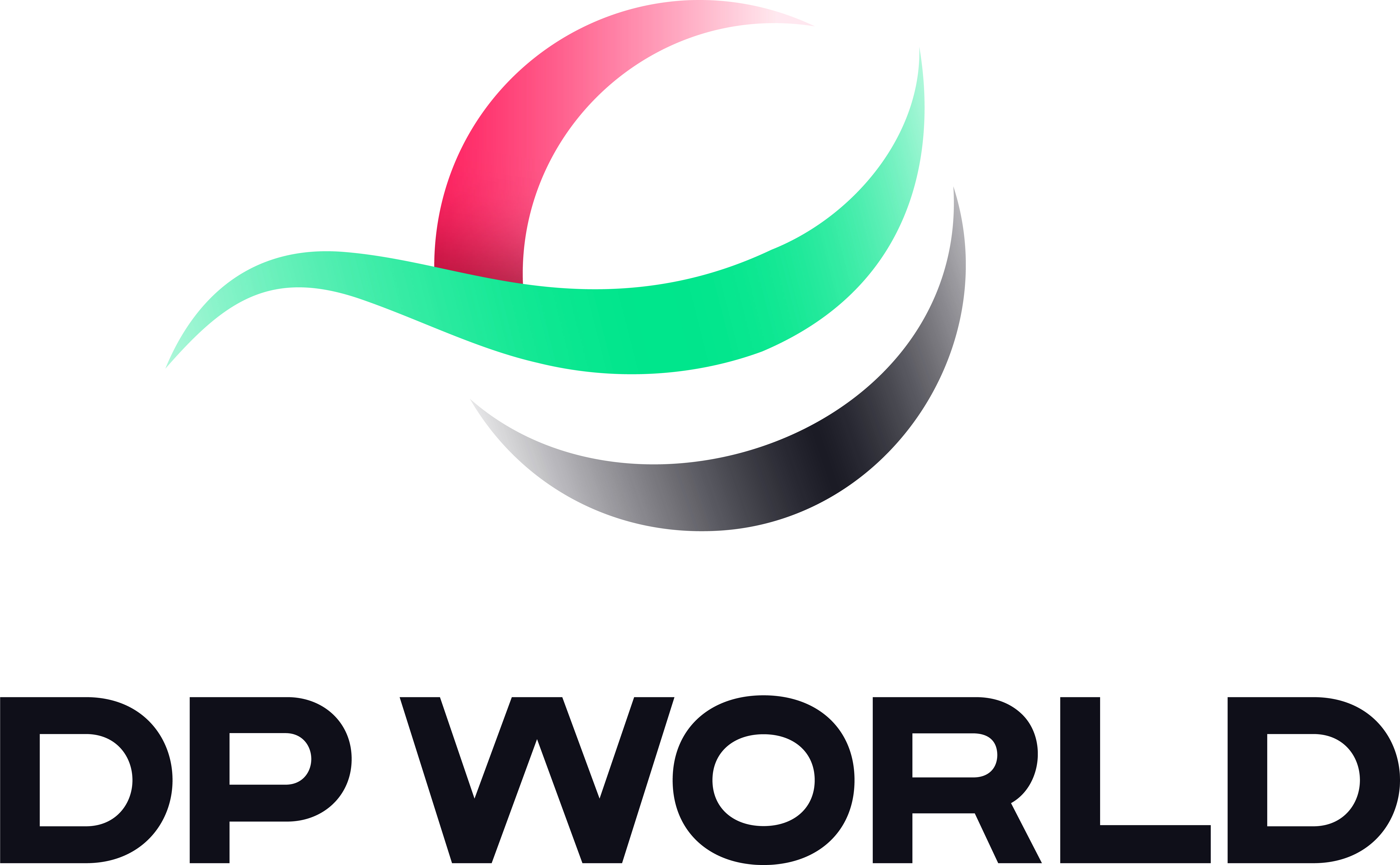Navigating Automotive Supply Chain Disruption: Insights From DP World’s David D’Annunzio

In a recent interview at the Gartner Supply Chain Symposium, David D'Annunzio, Global Vice President and Automotive Vertical Leader at DP World, sat down with Supply Chain Now host Scott Luton to share critical insights on the ever-evolving automotive supply chain landscape, the new norm of constant disruption, and the future of global automotive manufacturing.
The automotive supply chain is being actively reshaped by global disruption, rapid innovation, and shifting trade dynamics. In this interview, “Inside the Automotive Supply Chain with DP World’s David D’Annunzio,” learn more about why the automotive supply chain is in constant flux, how DP World balances “asset appropriate” strategies, the rising influence of Chinese automakers, and what’s driving change in inter-Americas trade.
Navigating a “pressure-cooked” sector
Drawing from decades of experience, D'Annunzio underscored the intense pressures unique to automotive supply chains, where factories rely on precise sequencing to produce vehicles every 60 seconds. Any misstep, he noted, could halt operations, making it an intensely "pressure-cooked" sector.
Adding to this high-stakes environment is the long-term effects of outsourcing parts production from local suppliers to low-cost countries such as China, India, and Pakistan. While this has increased efficiency and lowered costs over the past few decades, it has also increased market and supply chain vulnerability as global disruptions persist.
DP World’s proactive approach to disruption
DP World's distinctive "asset-appropriate" strategy – acquiring assets strategically rather than adhering strictly to an "asset-light" model – positions them advantageously. Simply put, "asset-light" companies prefer not owning physical assets like ships or trucks, opting instead to lease or outsource.
In contrast, DP World chooses to own these assets strategically when it makes financial and operational sense, ensuring readiness and reliability during disruptions. As D'Annunzio pointed out, companies with resources readily available are primed to lead when inevitable supply chain disruptions occur.
China’s disruption of the global automotive industry
Highlighting emerging industry trends, D'Annunzio spoke of the rapid ascendence of Chinese automotive manufacturing. Chinese electric vehicles, like BYD's Seagull, are poised to upend the global market – a Seagull can be purchased for $10,000 and offers features and quality equivalent to a $40,000 U.S.-manufactured car. D'Annunzio speculated that we could soon see Chinese automakers entering the U.S. market through partnerships with domestic firms – a scenario mirroring China’s own strategy from decades past when U.S. manufacturers entered their market.
Learn more
To hear more from David D'Annunzio and explore deeper insights on the future of automotive supply chains, watch the full interview here.

